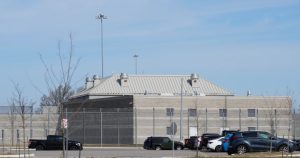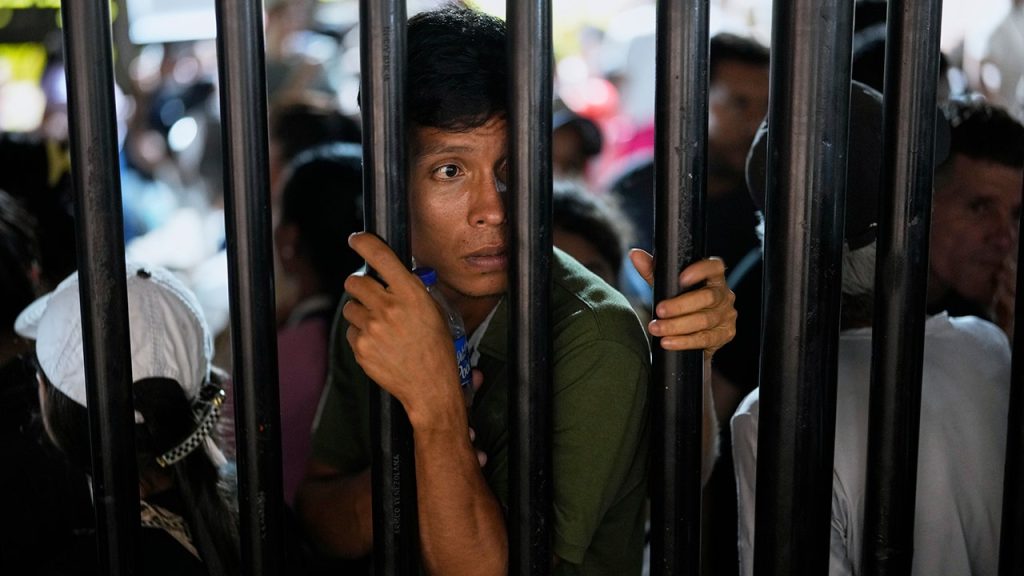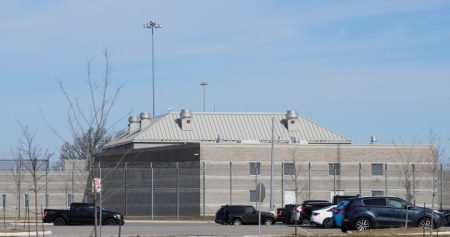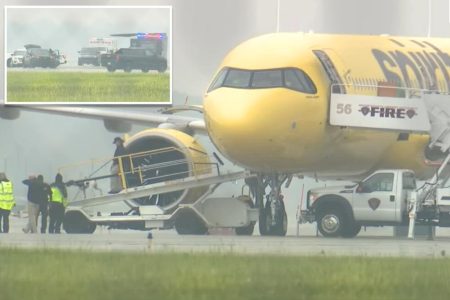The volatile Catatumbo region of northeastern Colombia exploded in violence over the weekend, leaving over 80 people dead and at least 20 injured. The surge in bloodshed, attributed to clashes between the National Liberation Army (ELN) and former members of the Revolutionary Armed Forces of Colombia (FARC), followed the Colombian government’s suspension of peace talks with the ELN. The violence triggered a mass exodus, with thousands of terrified civilians fleeing their homes, seeking refuge in the surrounding mountains or government shelters, leaving behind their livelihoods and possessions in a desperate bid for survival. The Catatumbo region, bordering Venezuela, is a strategic area coveted for its coca leaf plantations, fueling the conflict between the armed groups.
The attacks, which reportedly targeted several towns in the region, claimed the lives of community leaders and individuals actively involved in the pursuit of peace, including Carmelo Guerrero and seven others who were working towards a peace agreement. Furthermore, at least three people involved in the peace negotiations were kidnapped, highlighting the precarious security situation and the challenges faced in achieving lasting peace. The intensity of the violence trapped many civilians in the crossfire, forcing them to abandon their homes and belongings with little warning. Accounts from displaced individuals paint a grim picture of fear and desperation, highlighting the urgent need for humanitarian assistance and government intervention.
Colombia’s government responded to the escalating crisis by deploying troops to the region and initiating rescue operations. The army successfully evacuated dozens of people, including families with pets, demonstrating the commitment to ensuring the safety of civilians caught in the conflict. Defense Minister Iván Velásquez traveled to Cúcuta, a northeastern town, to hold security meetings and urge armed groups to demobilize, emphasizing the government’s focus on safeguarding lives and restoring security in the embattled region. Simultaneously, authorities prepared to dispatch essential supplies, including food and hygiene kits, to cater to the immediate needs of approximately 5,000 displaced individuals seeking refuge in Ocaña and Tibú.
The breakdown of peace talks with the ELN marks the second such instance in less than a year, reflecting the fragility of the peace process and the persistent challenges in achieving a durable resolution to the conflict. The government has demanded a cessation of hostilities from the ELN and access to the region to provide humanitarian aid, underscoring the urgent need to alleviate the suffering of the affected population. Local officials, witnessing the unfolding humanitarian crisis, have expressed deep concerns about the escalating displacement and the potential for further deterioration of the situation. They have urged all parties involved to engage in dialogue and reach a new agreement to protect civilians from the devastating consequences of the ongoing conflict.
The root of the current conflict lies in the power struggle between the ELN and ex-FARC members vying for control of the Catatumbo region and its lucrative coca leaf trade. Each group accuses the other of instigating the violence and targeting civilians. The ELN claimed that the attacks were a response to continued aggressions by former FARC rebels against the local population, asserting that armed confrontation was the only recourse. They further accused the ex-FARC members of responsibility for several killings in the area, including the tragic slaying of a family, further escalating tensions and deepening the cycle of violence.
The Colombian government, faced with this escalating crisis, has reinforced security measures and established a humanitarian corridor to facilitate the safe passage of displaced persons. Specialized urban troops have been deployed to municipal capitals to address the heightened security risks and alleviate the pervasive fear gripping the communities. The repeated failures in peace negotiations with the ELN underscore the complexities of achieving lasting peace in the region. The ELN’s demands, including recognition as a political rebel organization, have raised concerns and pose significant challenges to the peace process. The ongoing violence and displacement in the Catatumbo region highlight the urgent need for a sustainable solution to protect civilian lives and bring an end to the protracted conflict.










